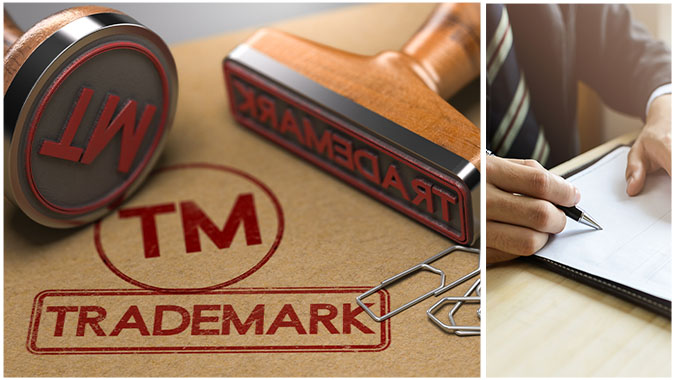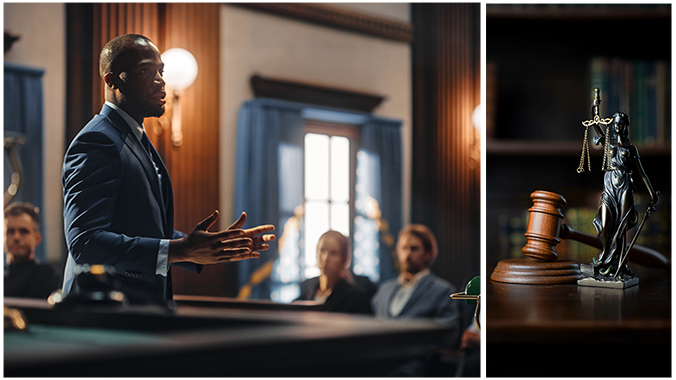Negotiations: Ethical Pitfalls and Best Practices for Transactional Lawyers

Ed Clinton, Jr. is a principal in the Clinton Law Firm and focuses his practice on business litigation and legal malpractice. Ed has substantial experience in commercial litigation, including breach of contract, business torts, uniform commercial code, and creditors’ rights. He has written extensively on the subjects of securities regulation, consumer fraud and trial practice.
1.5 hour CLE
Get this course, plus over 1,000+ live webinars.
Learn More
Program Summary
One of the most important things lawyers do is negotiate. Negotiating a contract for a client can be rewarding and challenging. In this presentation we will discuss a few of the ethical issues and pitfalls that can result when the transactional lawyer is negotiating for a client. We will also discuss how to avoid common pitfalls.
Key topics to be discussed:
- Who is the client?
- The common scenarios: The Inventor, Mr. Money and The Entity they set up
- Conflict waivers
- You are the general counsel of an organization
- Ruh Roh – you took an ownership interest in the entity
- Disclosure of confidence?
- Use common sense
![]() Closed-captioning available
Closed-captioning available
Speakers
 Edward X. Clinton, Jr. | The Clinton Law Firm
Edward X. Clinton, Jr. | The Clinton Law Firm
Ed Clinton, Jr. is a principal in the Clinton Law Firm and focuses his practice on business litigation and legal malpractice. In 1991, Ed graduated, cum laude, from Harvard Law School. He was a law clerk to the Honorable Michael S. Kanne of the United States Court of Appeals for the Seventh Circuit from September 1991 to September 1992. From 1992 to May 1996, he worked as a commercial litigation associate at Mayer, Brown & Platt. After working at Katten Muchin & Zavis, Ed joined the Clinton Law Firm in 1997 as a shareholder.
Ed has substantial experience in commercial litigation, including breach of contract, business torts, uniform commercial code, and creditors’ rights. He also has substantial experience in the formation of business entities and the negotiating and drafting of the accompanying documents, including shareholder agreements, partnership agreements and operating agreements.
Ed also has experience in representing both plaintiffs and defendants in all manner of legal malpractice claims, including claims arising out of litigation, including personal injury cases and divorce cases, failed corporate transactions, and disputed wills and trusts. Ed Clinton, Jr. also represents lawyers before the Attorney Registration and Disciplinary Commission.
In addition to his extensive litigation practice, Edward X. Clinton, Jr. serves as an expert witness in legal malpractice claims. He has written extensively on the subjects of securities regulation, consumer fraud and trial practice. His clients include doctors, lawyers, computer software companies, shareholders and corporations.
Agenda
I. Who is the client? | 1:00pm – 1:15pm
- This seems obvious, but it can be subtle in certain situations. Do you work for the LLC or the individual investor? Rule 1.2, Rule 1.6
- Solution: Use an engagement letter to make it clear who you represent
- Solution: Tell everyone involved who you represent
- Remember: When courts determine if an attorney-client relationship existed, they view it on behalf of the client, not the lawyer
II. The common scenarios: The Inventor, Mr. Money and The Entity they set up | 1:15pm – 1:30pm
- Who do you represent?
- Who is paying the legal bill? Rule 1.5
- What happens when Mr. Money wants to place a lien or security interest on the work product or invention?
III. Conflict waivers | 1:30pm – 1:45pm
- Conflict? No that’s not a conflict!
- Oh yes, it is
- Can it be waived? Rule 1.7
IV. You are the general counsel of an organization | 1:45pm – 2:00pm
- What duties do you have to the employee?
- Do you tell the employee you are there solely to benefit the organization?
- What happens when the employee wants to stretch the law?
Break | 2:00pm – 2:10pm
V. Ruh Roh – you took an ownership interest in the entity | 2:10pm – 2:20pm
VI. Disclosure of confidence? | 2:20pm – 2:30pm
- You learn something from an employee that is confidential
- Do you have a duty to tell the employer?
- Remedy: warn and spell it out in the engagement letter
VII. Use common sense | 2:30pm – 2:40pm
- Ask yourself: “Would I agree to this if I were the client?”
Preview
More CLE Webinars
Trending CLE Webinars









Upcoming CLE Webinars





































![The Litigator’s Guide to Evidentiary Objections: When to hold them and how to avoid mistakes (Including 1hr of Ethics) [2024 Edition]](https://taxrepcle.com/wp-content/uploads/2025/05/The-Litigators-Guide-to-Evidentiary-Objections-When-to-hold-them-and-how-to-avoid-mistakes-Including-1hr-of-Ethics-2024-Edition_myLawCLE.jpg)




